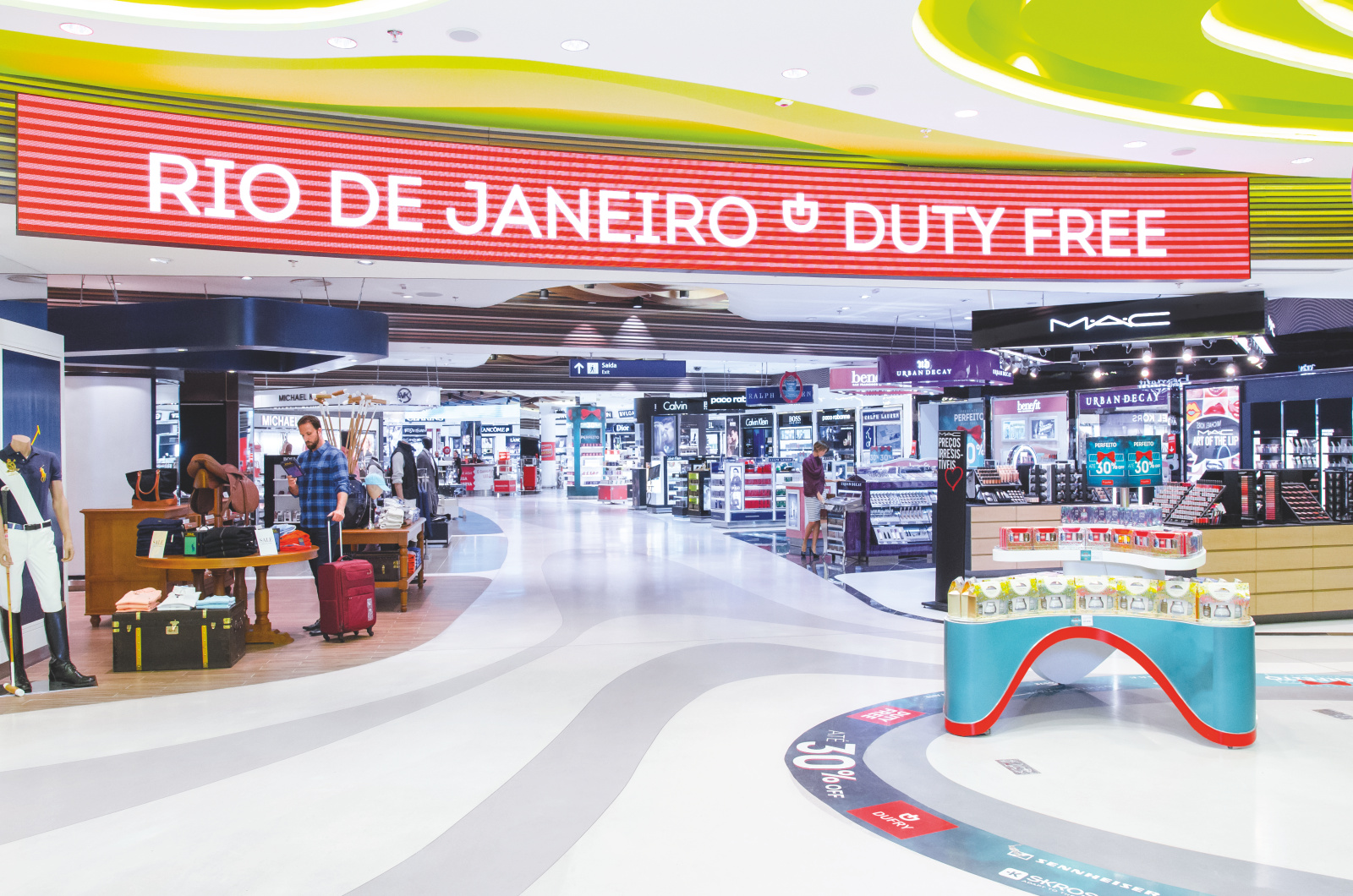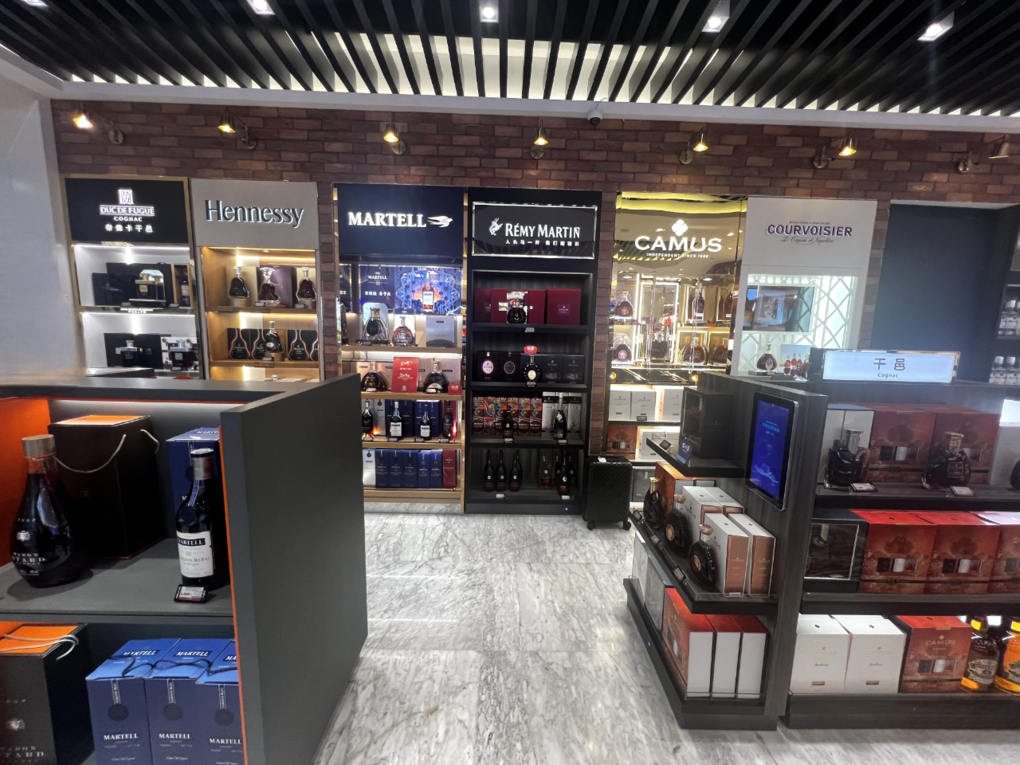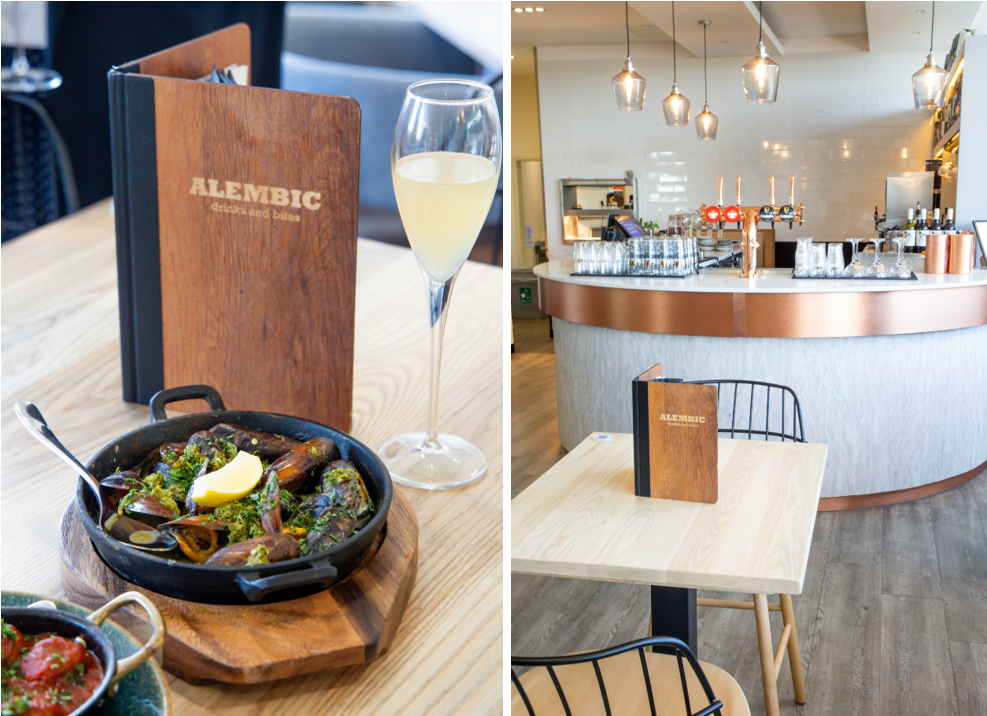LATIN AMERICA. Strong average spends, increasing contributions from liquor, electronics and high-end watches, plus a changing passenger demographic are among the dynamics at play in the Latin American travel retail market today. That’s according to ASUTIL President and Dufry Chief Operating Officer for South America Gustavo Fagundes.
He was speaking at a conference session at the Summit of the Americas in Palm Beach this week, on a panel alongside Dufry General Manager Sub-Cluster South America Enrique Urioste and ASUTIL Secretary-General José Luis Donagaray. [Click here for our day-by-day coverage of the event.]

Spend per passenger in 2022 to date is more than double 2019 levels, although the traveller base is down by almost -50%, meaning sales remain well behind previous highs, said Fagundes. Expanded allowances in key markets such as Brazil have contributed.
Recovery is taking place faster in the main hubs compared to secondary airports, he added. “The larger hubs such as GRU (São Paulo Guarulhos) are recovering much more quickly than the smaller airports. But we are seeing week by week growth in flights and connections. We are on the recovery path. In February 2022 we were at about 77% of passenger flow across Latin America compared to 2019. It varies though market by market. Colombia in February had more international flights than Brazil for example so we are not yet at normal levels.”
On changing profiles of customers, Fagundes said that the share of young travellers has risen, with many older travellers still wary of taking journeys. There are more families travelling and some return to business travel, he added.

With changing travel patterns comes change in purchasing habits. “The younger travellers want to see price savings,” said Fagundes. “Also, online is key. Reserve & Collect is booming, much more than pre-crisis. Home delivery in Brazil is key. We believe around 40% of people at GRU are connecting so they cannot or don’t want to take 24 bottles with them. People can reserve in the store or online, and have them delivered to home.
“People also buy more when they buy online as they also go to the store and buy on top. We need to think about this also.”
Fagundes noted that duty paid sales played a vital role in keeping sales going during the pandemic, with very little international travel between states.
He also highlighted the main growth categories as liquor, electronics and high-end watches.
“Alcohol sales are growing a lot,” he said. “People became used to being at home and enjoying time with friends, and this will remain. Electronics are popular and high-end watches is a big trend, linked to self-indulgence. The premium trend across the industry is relevant across all categories. Healthcare and wellbeing are growing too.”

Commenting also on the border business in the region, Fagundes said that, as in airports, although sales are down compared to pre-pandemic, spend per passenger is rising.
He said ASUTIL continues to work with governments to try an harmonise the range of goods that can be sold both on the Brazilian and Uruguayan side of the border as some goods cannot be made available on the Uruguayan side.
He said that ASUTIL was also seeking to extend allowances where possible. “We managed to introduce the US$1,000 allowance for travellers entering Brazil by air from US$500 to US$1,000 [in January 2020 -Ed]. We believe we have an opportunity to extend this to other countries, starting with Uruguay.”
ASUTIL is also working to further boost allowances. In Uruguay it is discussing with government the opportunity for travellers to purchase duty free up to ten days after their journey, though no agreement has yet been reached.
Enrique Urioste explained a recent change in Argentina that will boost the business. New regulations permit online duty free sales with collection on arrival at the airport, which was not part of the duty free regime previously.
Commenting on the fledgling border business on the Brazil side of the frontier, Fagundes said: “Most operators only opened just before the crisis but the borders were closed for a time. Now there are close to 20 stores on Brazil side though we lost two of those during the crisis. More are planned to open and we are in a very young phase still. We believe in this business and it will be a strong sub-category of the industry in future.”
On other regulatory issues, he said that ASUTIL was aiming to extend the purchasing opportunity for customers – potentially allowing shoppers to maximise their quota by using online channels.










